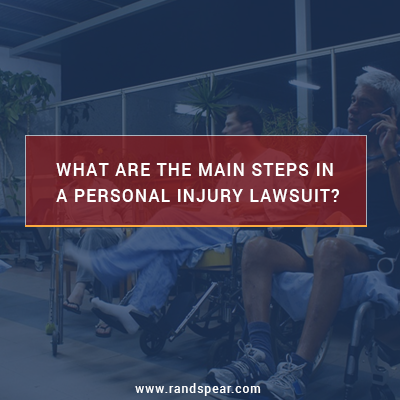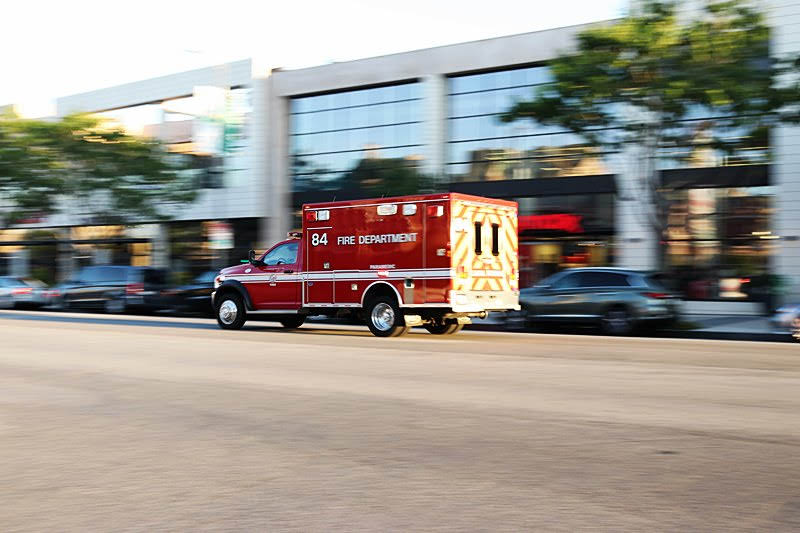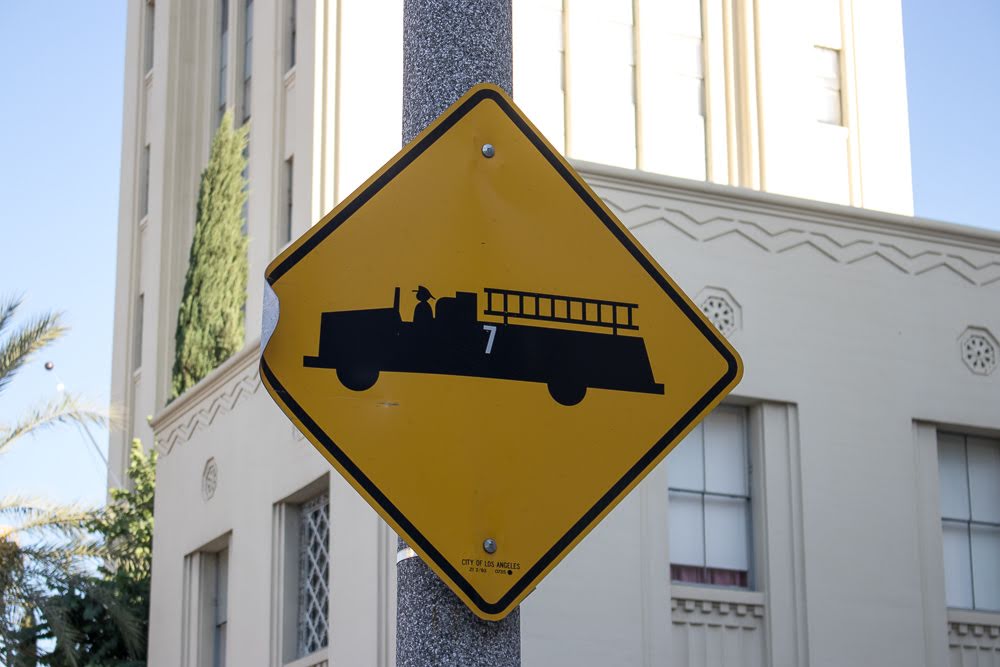
If you have been in a car accident, even without major physical injuries, you may find yourself struggling mentally and emotionally. While people may frequently refer to physical injuries when talking about a personal injury lawyer, you may also be entitled to compensation based on emotional injuries. PTSD may be one such qualifying injury.
Witnessing or experiencing a car accident can be a scary experience. One that can leave you with all kinds of feelings of guilt and anxiety about the outcome, whether it be your injuries or the injuries and death of someone else. If you have experienced a car accident, contact your local Philadelphia personal injury lawyer and demand Rand.
Car Accident Statistics
Car accidents and Fatalities occur daily. For every death, there is someone who witnesses it. If there are no direct witnesses to the accident, first responders who arrive on the scene may still experience trauma from providing care.
Pennsylvania
The Pennsylvania Department of Transportation(PDOT) records reported traffic accidents and fatalities. The most recent release of the annual Pennsylvania Crash Stats and Statistics report shows that over 300 accidents occur every day. Of these accidents, there are about three deaths and 184 injuries daily.
New Jersey
New Jersey’s State Police Department tracks accidents and fatalities. Their most current reports of Fatal Crash Statistics show that 576 fatal accidents led to over 600 fatalities. This number does not include the number of injuries or the total number of crashes that may have resulted in a traumatic experience for an individual.

Symptoms of PTSD
The specific symptoms of PTSD and their severity can vary based on the individual. The US Department of Veteran Affairs says that the DSM-5 Criteria for PTSD outlines eight criteria groups. Of these eight, you must have at least one of the specified symptoms in each criterion, sometimes two.
Of the below symptoms, to be diagnosed with PTSD, you must experience these symptoms for more than one month. Further, they must be severe enough that they disrupt your daily life. Last, they need to result from the trauma and not a separate illness or medication.
Encountered Real or Threatened Serious Injury or Death
This encounter can be through a variety of avenues.
- Direct experience
- Witnessing the event
- Hearing of the event from a close friend or family
- Exposure to graphic details (like a first responder)
You must only experience one method of exposure to meet this criterion.
The Traumatic Event Is Consistently Re-Experienced
The manner of re-experiencing can be through
- nightmares
- flashbacks
- intrusive memories of the event
- disruptive negative emotions after reminders of the event
- physical reactions following reminders of the event
You must only experience one of these symptoms to meet this criterion.
Avoidance of Trauma-Related Reminders
This avoidance may look like:
- Physically avoiding reminders of the accident: This could be going out of your way to avoid the section of the road where the accident occurred or avoiding driving altogether.
- Avoiding any emotional reminders of the experience: This may look like refusing to talk about the accident or any resulting emotions or symptoms.
You must only experience one of these symptoms to meet this criterion.
Negative Thoughts and Feelings that Began or Increased After the Accident
These thoughts and feelings can look very different in different people/
- negative attitudes of the world,
- difficulty experiencing positive emotions
- increase in negative emotions
- losing interest in things that you used to enjoy
- feeling isolated.
This criterion requires two symptoms to be met.
Trauma-Related Reactivity that Began or Became Worse After the Event
- Increased irritability or agitation
- Hypervigilance. Constantly aware of what’s happening around you or feeling on edge.
- Risky or impulsive behavior
- Trouble sleeping or focusing
- Feeling jumpy or easily startled
This criterion also requires two symptoms to be satisfied for a PTSD diagnosis.
PTSD and Car Accident Effects on Daily Life
PTSD, by definition, disrupts your daily functioning. While no instance of PTSD is easy to cope with, PTSD resulting from a car accident can be different in a few ways. With the way Pennsylvania and New Jersey infrastructure is set up, life can be challenging to navigate without comfortable car use.
Suppose your accident occurred a mile away from your home while getting onto the highway. You may be trying to plan alternate routes that add 25 minutes to a drive that would otherwise be 10. If you are avoiding physical reminders, you may be incapable of driving or incredibly anxious while in the car.
Outside of the context of cars and driving specifically, if you are experiencing other emotional symptoms, this can slow your recovery. Feeling isolated may make it difficult to reach out to friends and family for help if you need it. If you are not sleeping well, it may delay your physical recovery because your body needs sleep to heal.
Recovering from PTSD
While some people may see a reduction of symptoms over time, many people require ongoing psychotherapy to recover fully. The National Library of Medicine’s article A Review of PTSD and Current Treatment Strategies explains that based on a decade of research, three courses of treatment are the so-called ‘gold standard’ of PTSD treatment. These are Cognitive Processing Therapy (CPT), Prolonged Exposure Therapy (PE), and Eye Movement Desensitization Reprocessing (EMDR).
These therapies can take time to facilitate a return to normal functioning. A therapy like EMDR for PTSD may be helpful in just a few sessions, while something like Cognitive Processing Therapy(CPT) for PTSD takes about 12 sessions. While CPT is a structured program, EMDR and Prolonged Exposure Therapy (PE) for PTSD can vary depending upon the individual, sometimes taking only 4-8 sessions instead of 12.
The type of treatment you may choose for PTSD after a car accident is a very personalized decision. It may depend on finances, provider availability, and mental health history. If you are experiencing these symptoms, immediately speak with a mental health provider and your car accident lawyer for possible referrals.

Moving on from PTSD and Your Car Accident
A lot about an accident is scary, especially since there is no preparation for it. This feeling of being out of control of a situation that may feel or be life-threatening can cause anyone to struggle afterward. If you are suffering from PTSD resulting from a car accident, contact Rand Spear for a free case consultation today.
Coping with PTSD can be debilitating. This difficulty can be made worse with the need to get out of the world for appointments focusing on physical injuries or physical losses like car shopping. Many people wonder about the average settlement for a car accident, and while this depends on the specific case, a PTSD diagnosis can be included to support the damages claimed.
Call or text (215) 985-2424 or complete a Free Case Evaluation form










